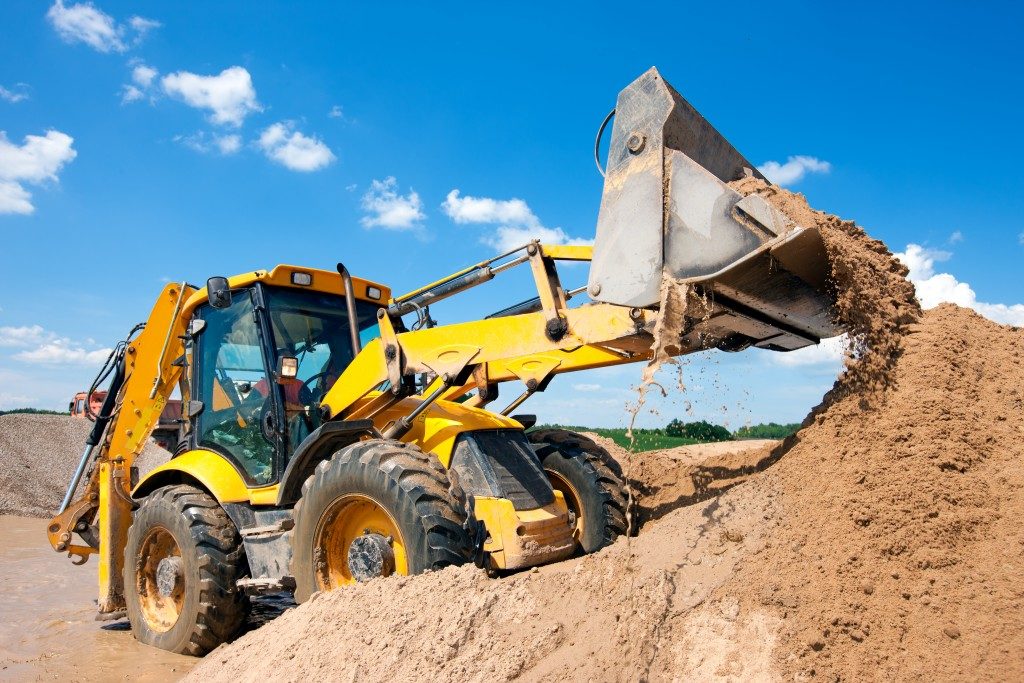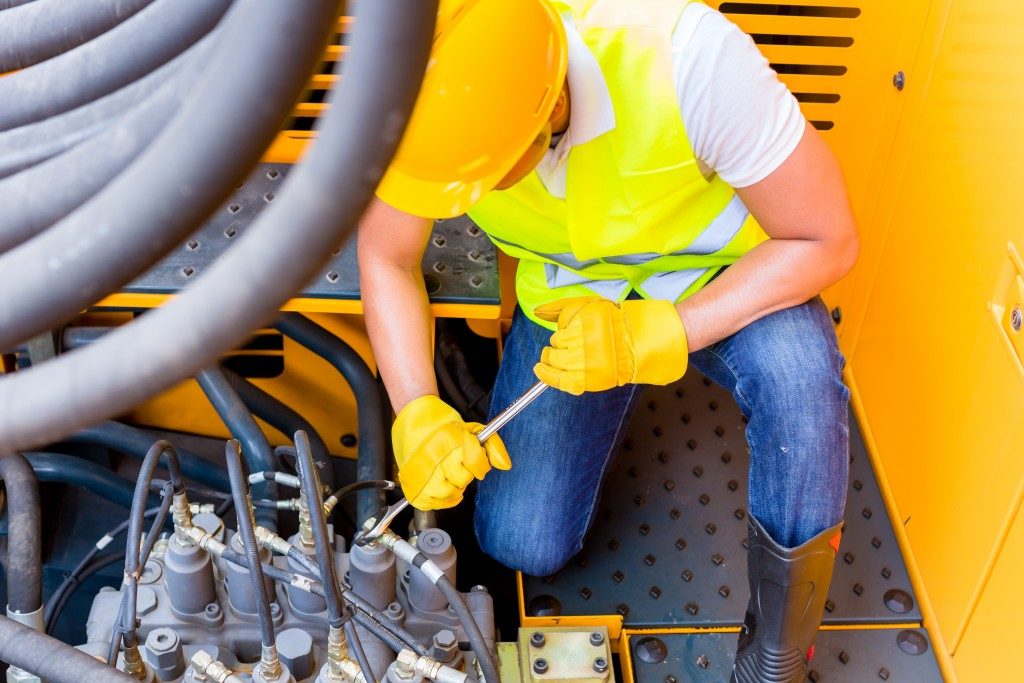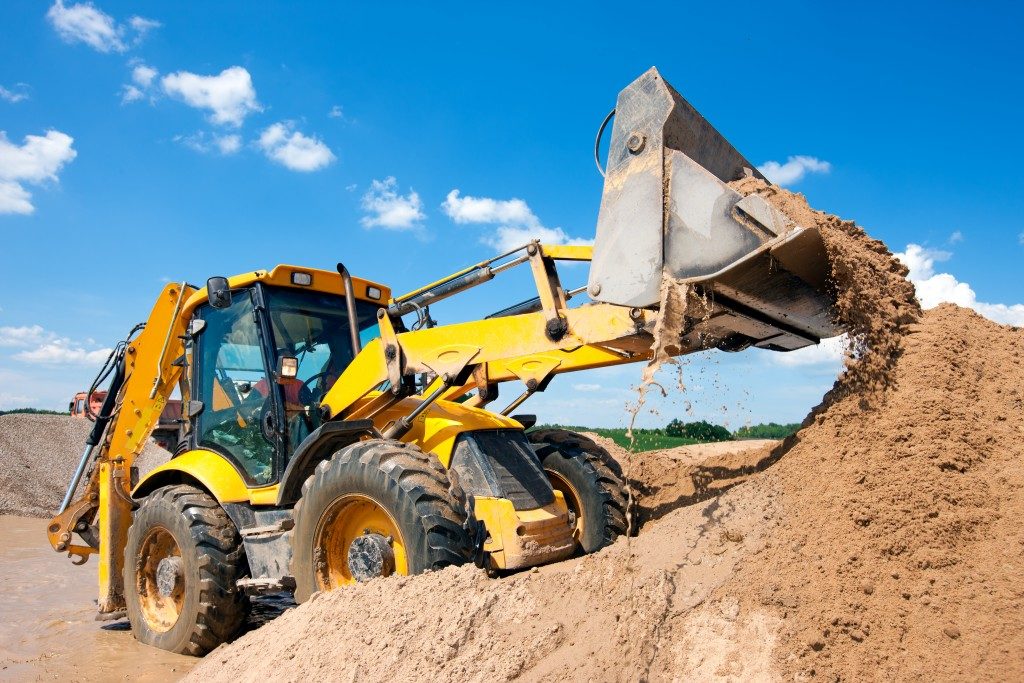
Heavy machinery is often considered the backbone of the mining, construction, and agriculture industries. Necessary and expensive pieces of equipment need to be used to their most effective and efficient potential for quick project completion, improved quality, and better budget control. This may require that equipment undergo constant maintenance.
Phillips Heavy Equipment Services, LLC notes that heavy equipment and machinery that is not well-maintained is inefficient and can cause safety concerns and costly breakdowns. On the other hand, proper maintenance can extend the useful life of equipment and improve return of investment (ROI) on big purchases. Enacting regularly scheduled and preventive measures can help guarantee that operators remain safe and each piece of equipment maximizes its projected lifetime.
Information and knowledge about proper machine use and maintenance should be shared across an organization so that benefits can be reaped on a much wider scale.
Machine Operator Training
Operators of the various pieces of machinery and equipment should be trained and familiar with their proper use. Rusty skills or inadequately trained employees can lead to inefficient and poor operations and eventual equipment breakdowns. After all, machines are only as useful as the people who are working them.
Operators need to uphold high standards of equipment handling to improve performance and decrease safety risks. They need to follow the official guidelines that pertain to each specific industry, job type, or equipment model. In turn, these manuals need constant revision and updates. For some pieces of equipment, simple hands-on instruction may be sufficient. Others may require special certifications and training programs.
Machines cannot be overworked. Operators should not exceed the stated performance specifications and limitations listed in manuals. Machinery life can be extended if, for instance, operators are aware of and follow the weight limits for loads and inclines that are set by manufacturers.
Routine Maintenance Checks

The overall functionality and condition of heavy machinery and equipment need to bechecked and maintained on a regular basis. These routine checks ensure that equipment continues to operate at its standard and most efficient level. Checks also prevent non-scheduled emergency maintenance and repair jobs that are rushed and subject to human error.
Operators need to regularly check for the signs of wear that can contribute to the breakdown of parts in heavy machinery. Age and time can affect particular key components. For instance, belts will warp, seals will dry and crack, and bolts will loosen and stretch out of shape. These parts will have to be replaced.
Performing regular maintenance checks is an active way of preventing damage to machinery and equipment.
Machine Storage
In the same way as active preventive maintenance, passive methods encourage optimal and safe equipment performance. One passive method includes the proper storage of heavy machinery and equipment. Ideally, they should be stored in covered, moisture-free areas with controlled temperature. They need to be kept away from the harshness of direct sunlight, as well as from exposure to weather elements that can cause rust and corrosion.
Heavy equipment owners need to identify and solve minor problems before they evolve and become more costly. They can engage in routine maintenance checks and proper machine storage techniques to ensure optimal performance and safety for operators.


